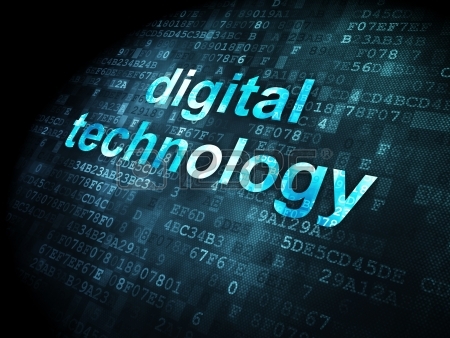
Technology is a mixture of knowledge, skill, techniques, and methods utilized in the creation of products or services or in the achievement of specific goals, including scientific research. It refers to the ability to produce and use tools and information to make things different, more efficient, and effective. A large portion of the human society has been involved in technology from its beginnings in Western civilization.
Knowledge can be divided into disciplines that are empirical, meaning that they are understood through observation and experimentation, and conceptual, meaning that they are learned from experience. The empirical disciplines include medicine, engineering, cognitive science, information science, and physical sciences. Concepts include programming, information systems, computer technology, information security, and software engineering. The term ‘technological process’ encompasses the entire range of human activities involving technology, including technology transfer, research and development, product and service design, economic development, marketing, advertising, government regulation, and management.
Technological change has increased the need for individuals who possess both knowledge and technology. This has resulted in increasing gaps between people in terms of educational opportunity, employment opportunity, wealth, health, and life expectancy. Technological change has also increased the power for some individuals and organizations to control the distribution of technologies and information. Technological change has also created and exacerbated the existence and effects of a digital divide. The digital divide refers to the increasing difference in levels of access to and use of various technological objects.
One of the many issues that has been highlighted by the digital divide is unequal access to technology use. The digital divide has increased and entailed many different types of barriers for people who do not have easy access to the technology use necessary to participate in modern society. Lack of internet access and minimal digital literacy have been cited as reasons for the increasing digital divide. There is also a digital divide between richer and poorer regions of the world. The poor are now expected to not only have a chance to enjoy greater economic opportunities, but also to be able to participate in the societal structures that provide the opportunity for economic growth and development.
A Pew Research Center analysis of the data reveals that there has been a dramatic increase in the number of those living in the United States and Canada who have limited or no internet access. The increasing digital divide has meant that even those who have easy access to the technology needed are experiencing a severe disadvantage in accessing a wide range of digital products and services. Those who live in rural areas, especially, are particularly affected by this problem. Access to cell phones and other forms of broadband Internet is critical for those who want to use digital products and services. The lack of access means that those who live in rural areas have a much harder time using new online applications and social media networks. Many of these people depend on their computers and have only basic knowledge of how to operate these online systems.
In light of this emerging global digital divide, internet service providers such as Vonage, have introduced new applications and services that give customers an edge when participating in digital culture. The applications and services offered by Vonage allow customers to not only take full advantage of their computers and laptops, but to do so while on the go. They can use their devices to surf the web, listen to music and watch videos, all without having to carry extra multimedia devices. While Vonage and other internet service providers may not be able to eliminate the existing cultural divide between the haves and the have-nots, they can provide a way for those who live in economically disadvantaged communities to bridge that divide.









